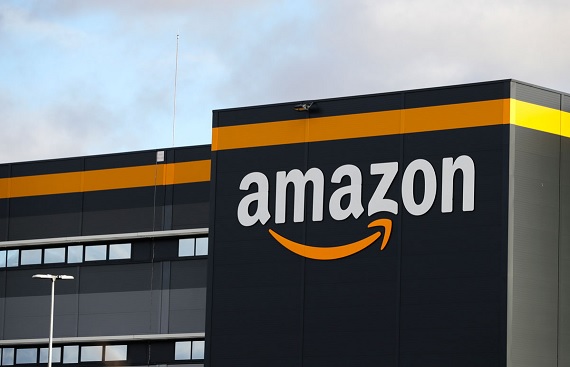Amazon India Ordered to Pay $39 Million for Trademark Infringement
By
siliconindia | Thursday, 27 February 2025, 04:31 Hrs

In a historic judgment, an Indian court directed Amazon India to pay $39 million in compensation for violating the 'Beverly Hills Polo Club' (BHPC) trademark. The ruling came after a 2020 lawsuit by Lifestyle Equities, which claimed that Amazon's website sold clothing with the same horse logo at discounted prices, infringing their trademark rights.
The Delhi High Court observed the offending brand belonged to Amazon Technologies and was being sold on Amazon's Indian website. The court determined that the logos were 'hardly distinguishable' and pointed towards Amazon's previous history of involvement in trademark controversies involving the BHPC mark in jurisdictions such as the UK.
Although Amazon had denied wrongdoing, the court granted a permanent injunction, preventing future use of the BHPC mark. The damages were labelled by legal specialists as one of the highest figures to be awarded in an Indian trademark case and has raised issues as to how the judgment would be enforced within U.S. courts.
Partner Aditya Gupta at Ira Law said the decision was historic and stressed its possible effects on future cross-border intellectual property disputes.
This is not Amazon's initial encounter with trademark disputes. Lifestyle Equities had sued Amazon in London back in 2019 for similar reasons, leading Amazon to lose an appeal in 2023. A Reuters probe in 2021 further disclosed Amazon's systemic production of counterfeits and search results manipulation to sell its private brands in India.
U.S. and Indian Amazon spokespeople did not comment on the ruling.
The ruling highlights increasing vigilance on the part of Indian courts to uphold intellectual property rights, establishing a precedent for international e-commerce brands doing business in the nation. As Amazon works its way through the legal fallout, the case marks an important milestone toward more rigorous trademark enforcement in India's rapidly growing digital economy.
This decision should govern the paradigm of online retail, reiterating responsibility for platforms that host third-party vendors and their role in upholding brand integrity.
